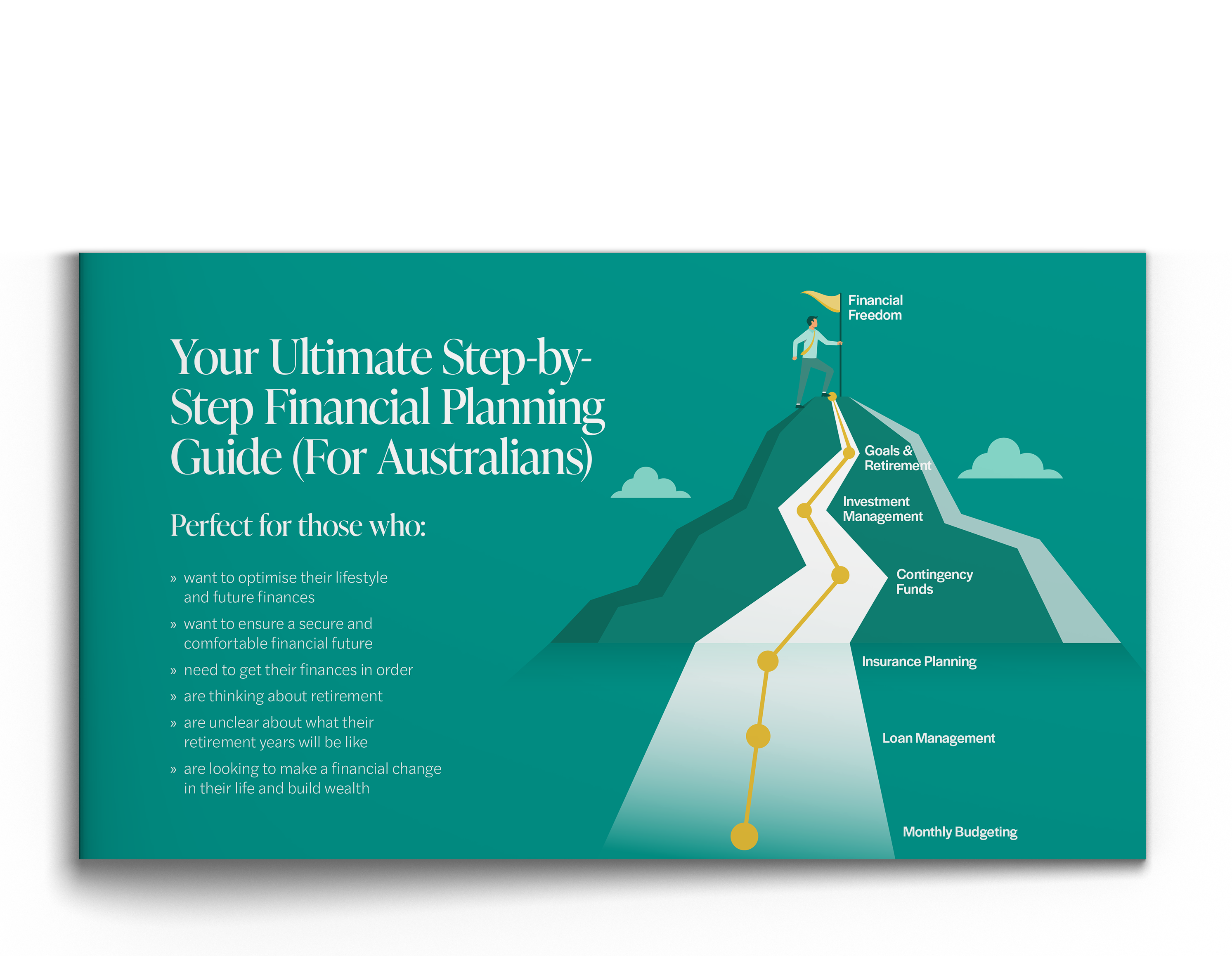Retirement Planning
Other than tax our next biggest complaint is ‘that we didn’t start planning sooner’. Ask yourself, when are you going to retire, and where is your retirement income going to be paid from? Will this be from your allocated pension, property, shares, managed funds or possibly a Government age pension? It could be a combination of them all.
We’ve all heard of those that have made it big from the sale of a property, but what happens if you don’t have the money to buy that property in the first place? You need to look into different strategies.
Retirement planning is not just about using superannuation but structuring your affairs to help you create your own investment portfolio that will deliver you an income to support a healthy retirement.
Don’t leave it until it’s too late, leaving things to the last minute will just make it harder to reach your goals. By planning early you might only need to modify your current spending minimally, leaving it until later might require huge compromises to your standard of living.
